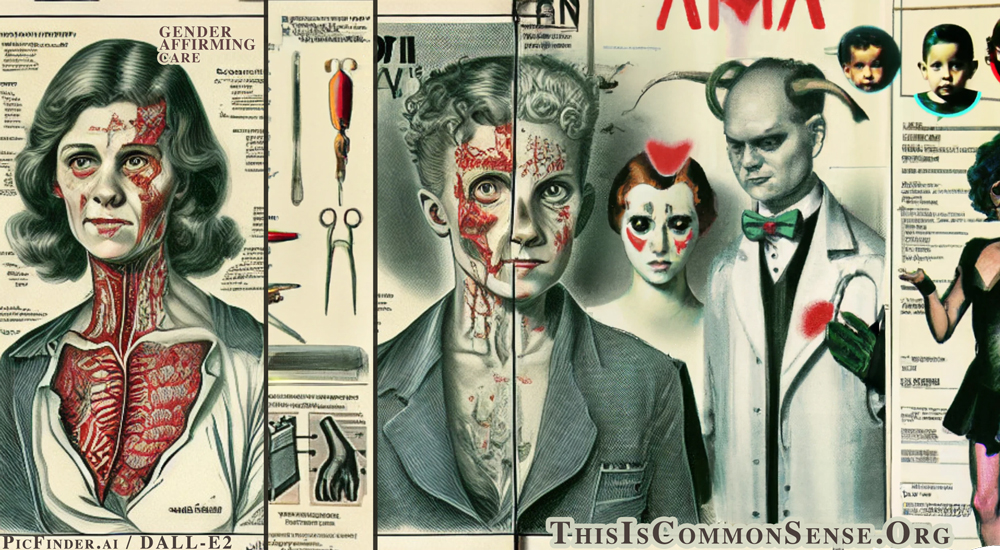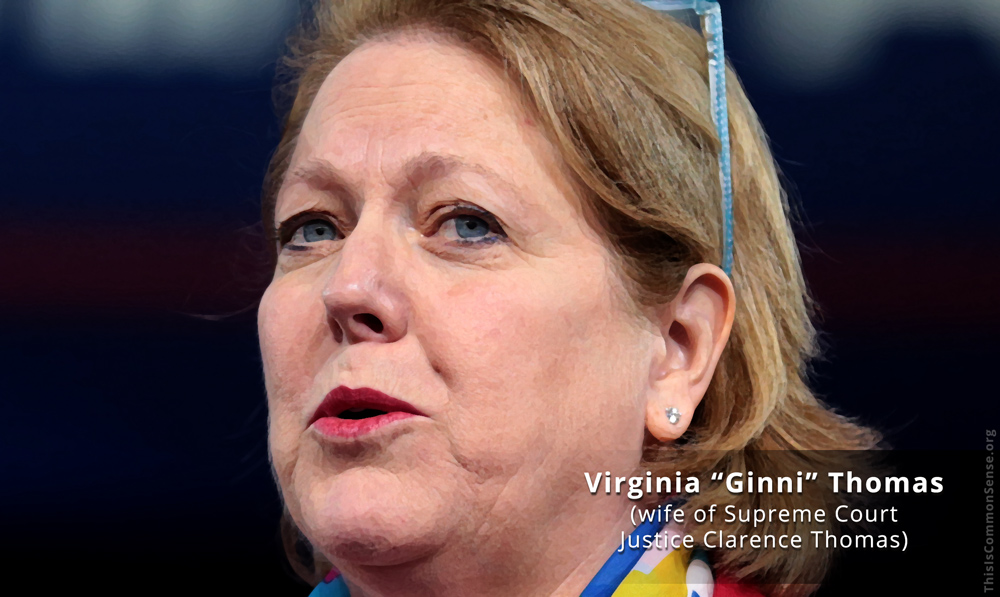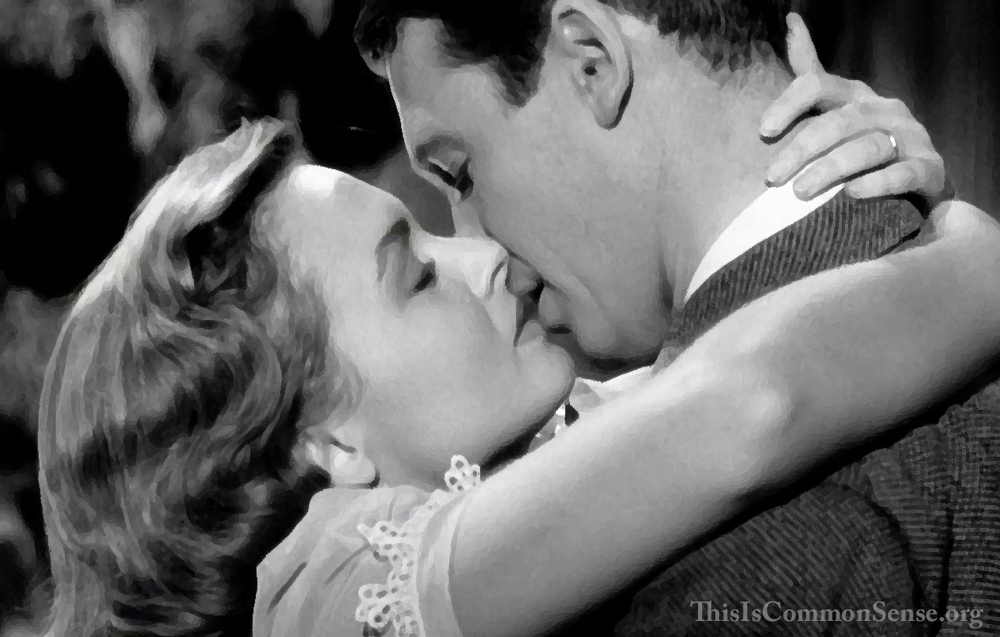When I express worry about children and teens being put through what we used to call “sex change” procedures, the push-back often runs like this:
- this is not happening;
- you’re falling for a “moral panic”;
- stop listening to right-wing propaganda!
But consult this video.
One interviewee who performs sex-change surgery discusses the “informed consent” of 14-year-olds. This doctor acknowledges that many children who agree to puberty blockers and surgery — changing their bodies irreversibly — end up regretting it.
“We talk about it [with the kids] but most of the kids are nowhere in any kind of brain space to really talk about it in a serious way. That’s always bothered me,” he says. “But you know, we still want the kids to be happy. Happier in the moment, right?”
“It’s everything you have been told doesn’t happen,” says my friend David Strom in his report on the Project Veritas investigation (“Undercover video: puberty blockers at 8, surgery as young as 10 in New York”).
“It happens,” David writes. “Watch the doctors who do it explain that they do and that they are eager to do it to even pre-adolescent children. Even admitting that the ‘science isn’t really settled,’ but hey, we’ll do it if you want.”
We don’t let kids do everything that adults may do because we know that it takes time for human beings to mature. Adults, too, may regret having undergone hormone blocking and genital surgery. But adults have the best chance, a real chance, to decide responsibly.
Peer-pressured, doctor-pressured, even legislature-pressured, and perhaps very confused 14-year-olds, 12-year-olds, 10-year-olds . . . and 8-year-olds . . . don’t have the same chance to make an adult decision.
This is Common Sense. I’m Paul Jacob.
Illustration created with PicFinder.ai
—
See all recent commentary
(simplified and organized)







